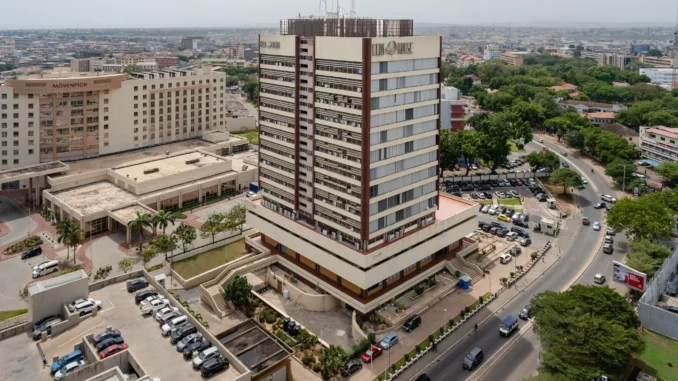
A recent World Bank report has warned that Ghana remains highly vulnerable to global economic shocks, largely due to its reliance on oil-driven growth and significant debt accumulation over the past decade.
The report, which focuses on Ghana’s public finances, explains that while oil production has propelled the country’s economic growth, it has also made the nation susceptible to fluctuations in global markets. The World Bank cautioned that despite efforts to stabilize the economy since 2022, Ghana must undertake structural reforms alongside fiscal consolidation to address the root causes of its financial instability.
The report stressed the importance of implementing measures to improve expenditure controls, enhance revenue collection, and ensure more efficient public spending. These reforms are seen as crucial for building a resilient fiscal policy that will not only stabilise the economy but also promote long-term equitable growth. The World Bank also emphasised that Ghana’s fiscal adjustments must be both fair and sustainable, with a particular focus on protecting investments that support poverty reduction and economic growth.
Additionally, the World Bank highlighted that Ghana’s GDP growth rate of 6.8% from 2008 to 2019 was largely driven by the oil sector, but this growth came at the expense of rising national debt. The report attributes the country’s current debt crisis to a combination of weak financial controls, inefficient public spending, underperforming revenue collection, and costly borrowing. These issues have made Ghana’s economy highly vulnerable to external shocks, underscoring the need for comprehensive fiscal reforms to safeguard its economic stability in the future.
